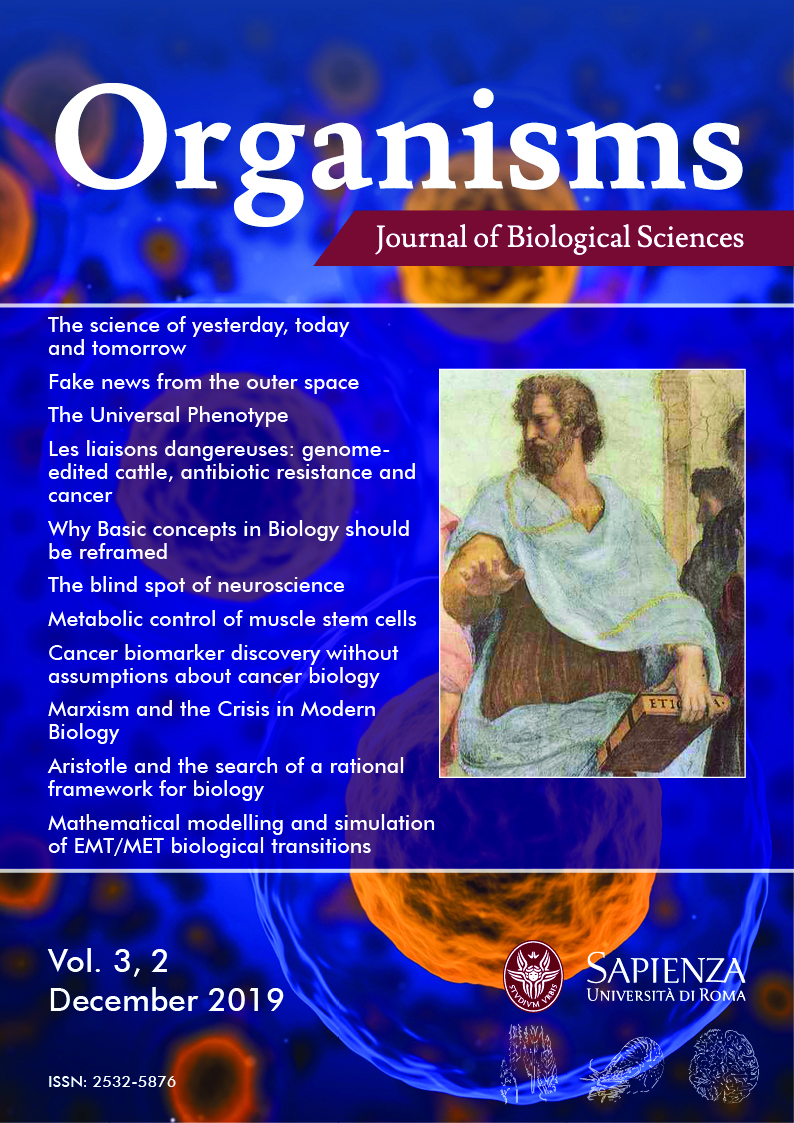Metabolic control of muscle stem cells
DOI:
https://doi.org/10.13133/2532-5876_6.7Abstract
Muscle stem cells, or satellite cells, are a population of adult stem cells involved in muscle growth and indispensable for adult skeletal muscle regeneration. As the quiescent state is perturbed, satellite cells undergo profound metabolic changes, named metabolic reprogramming, driving cellular activation, commitment and differentiation. Thus, modulation of cellular metabolism, by altered nutrient availability or with aging, can impact satellite cell stemness and fate, as well as differentiation ability. Moreover, a direct link between cellular metabolism and chromatin dynamics is emerging. Indeed, metabolic intermediates act as cofactors for epigenetic modulators, thereby regulating their activity and influencing the epigenetic landscape. Consequently, environmental cues are critical regulators of satellite cell fate, linking nutrient availability with the epigenome to impact muscle homeostasis and regeneration. Further studies are necessary to dissect the intimate connection between environmental cues, metabolic reprogramming and epigenetics, to increase satellite cell regenerative capacity in aging or diseases.Downloads
Published
How to Cite
Issue
Section
License
Copyright Agreement with Authors
Before publication, after the acceptance of the manuscript, authors have to sign a Publication Agreement with Organisms. The authors retain all rights to the original work without any restrictions.
License for Published Contents

You are free to copy, distribute and transmit the work, and to adapt the work. You must attribute the work in the manner specified by the author or licensor (but not in any way that suggests that they endorse you or your use of the work).





